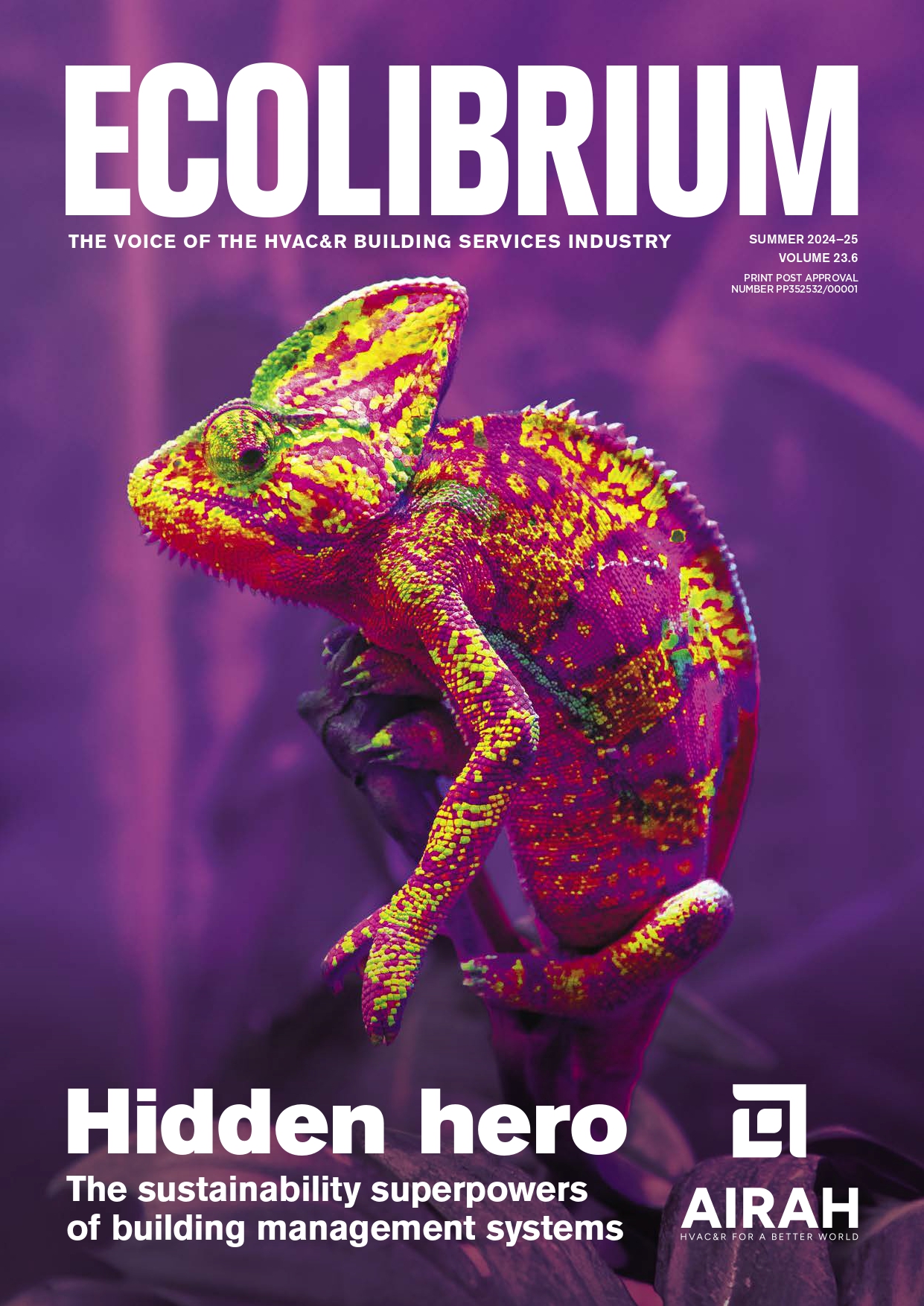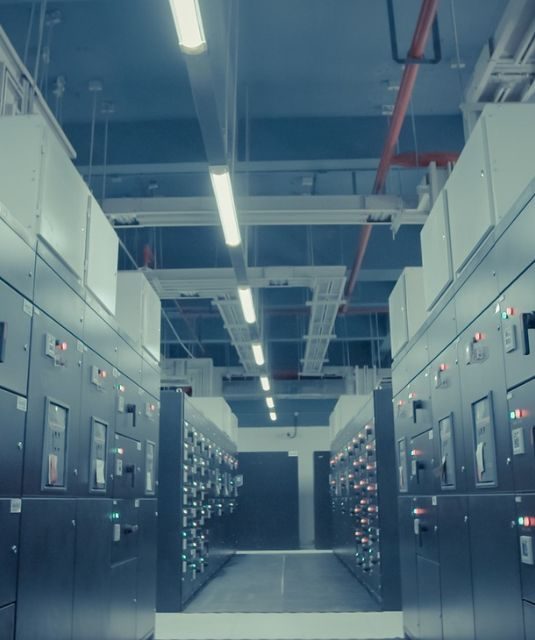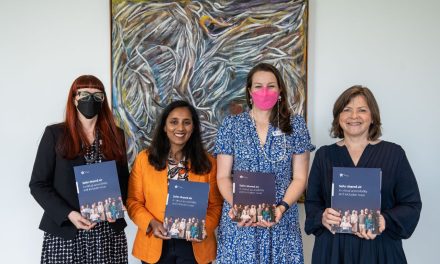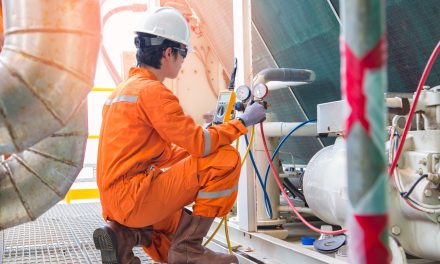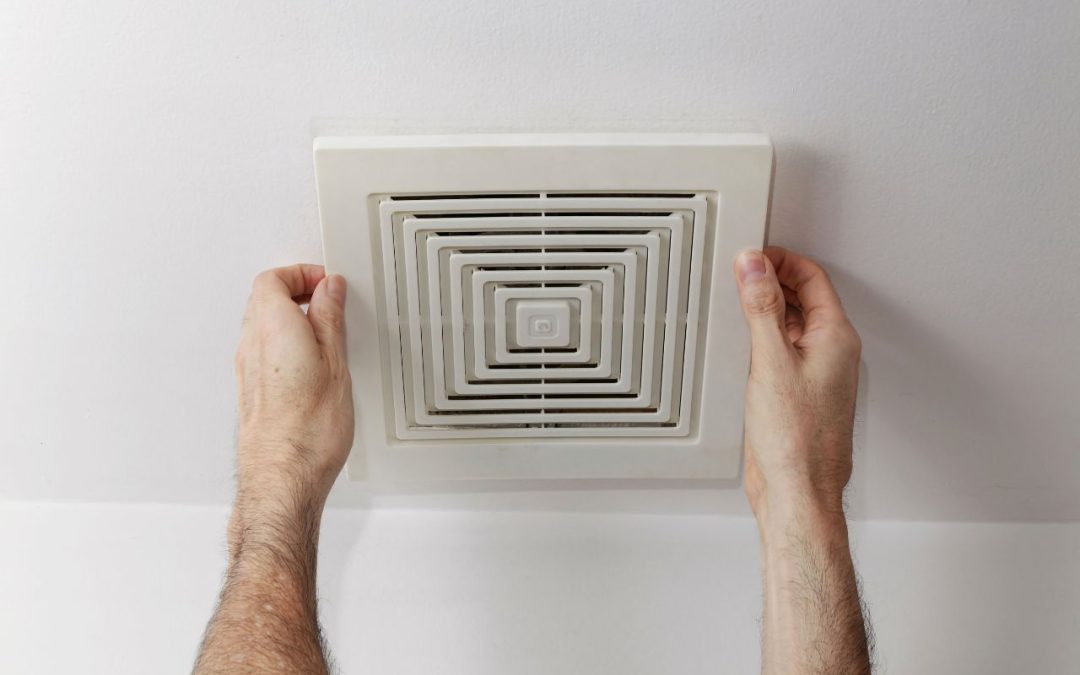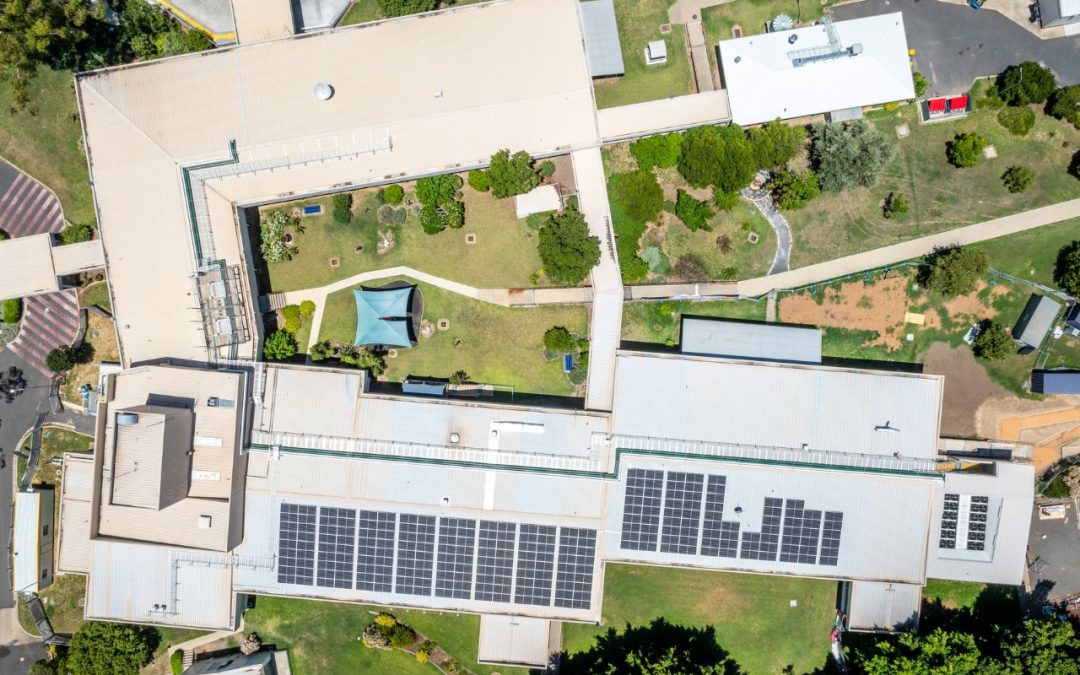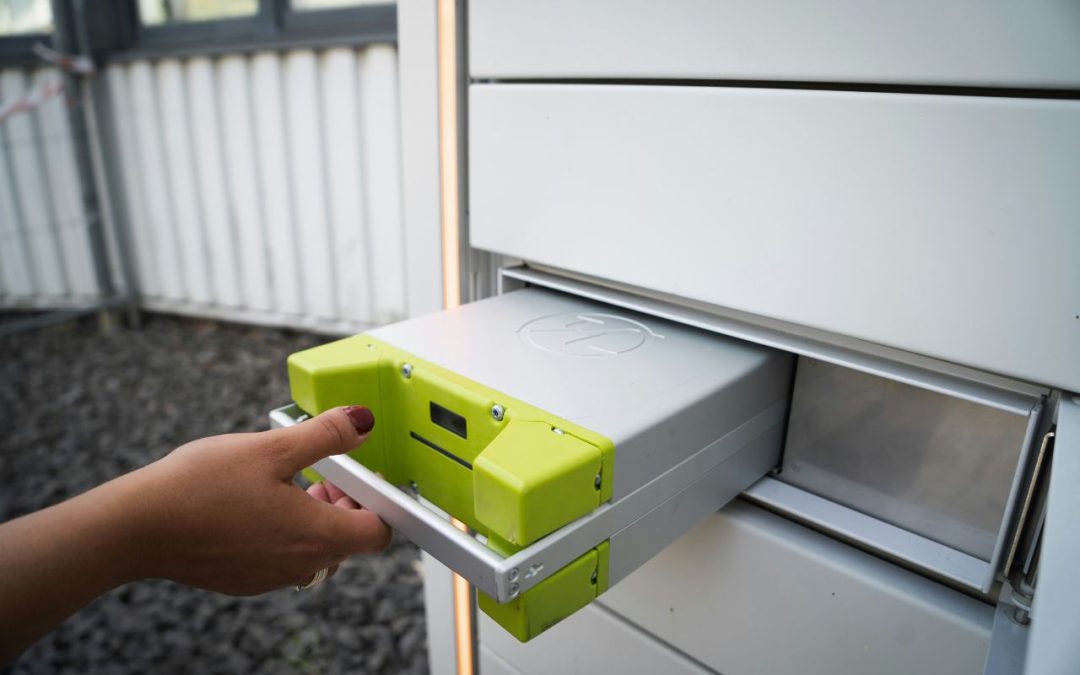Standards Australia and the International Code Council have partnered to develop a new protocol that will enhance climate data transparency and operability internationally across the built environment.
The two organisations joined forces at the 29th annual United Nations Climate Change Conference (COP29) to launch the Universal Data Protocol (UDP) for the built environment.
According to Standards Australia, despite significant investments in technology, much of the data produced remains fragmented and unusable across different disciplines or stages of the building lifecycle. This can create challenges in reporting on sustainability data.
As the built environment plays a large role in addressing the drivers and impacts of climate change, the new protocol aims to address these issues and create transparency across compliance, reporting and sharing of data.
CEO of the Code Council, Dominic Sims, says the organisation is pleased to be able to develop a globally applicable solution that provides the certainty and reliability the industry needs to continue to progress on meeting climate-related goals.
“The Universal Data Protocol … will enhance data accessibility and transparency across the building sector,” he says.
Cross-border collaboration
The UDP is an extension of the broader UN Transparency Protocol (UNTP), which provides a secure framework for cross-border, cross-sector sharing of data. The UDP will provide key benefits to ensure data is easily understood, including:
- Decentralised verification: Data can be verified without relying on a single system, allowing each participant in the building lifecycle to prove their data’s authenticity
- Interoperability: An adaptable framework links data from design, construction, and operations across borders, facilitating global compliance
- Digital security: Using the UNTP’s digital signatures and cryptography, the UDP ensures data integrity and guards against tampering
- Common language: Facilitates easy integration with existing systems, maximising current technology investments while adding a trusted data-sharing framework
- Open-source access: Enables businesses of any size and in any market to adopt, collaborate, and advance sustainability together.
As more industries and communities adopt the UNTP, the framework will allow for a transparent global marketplace.
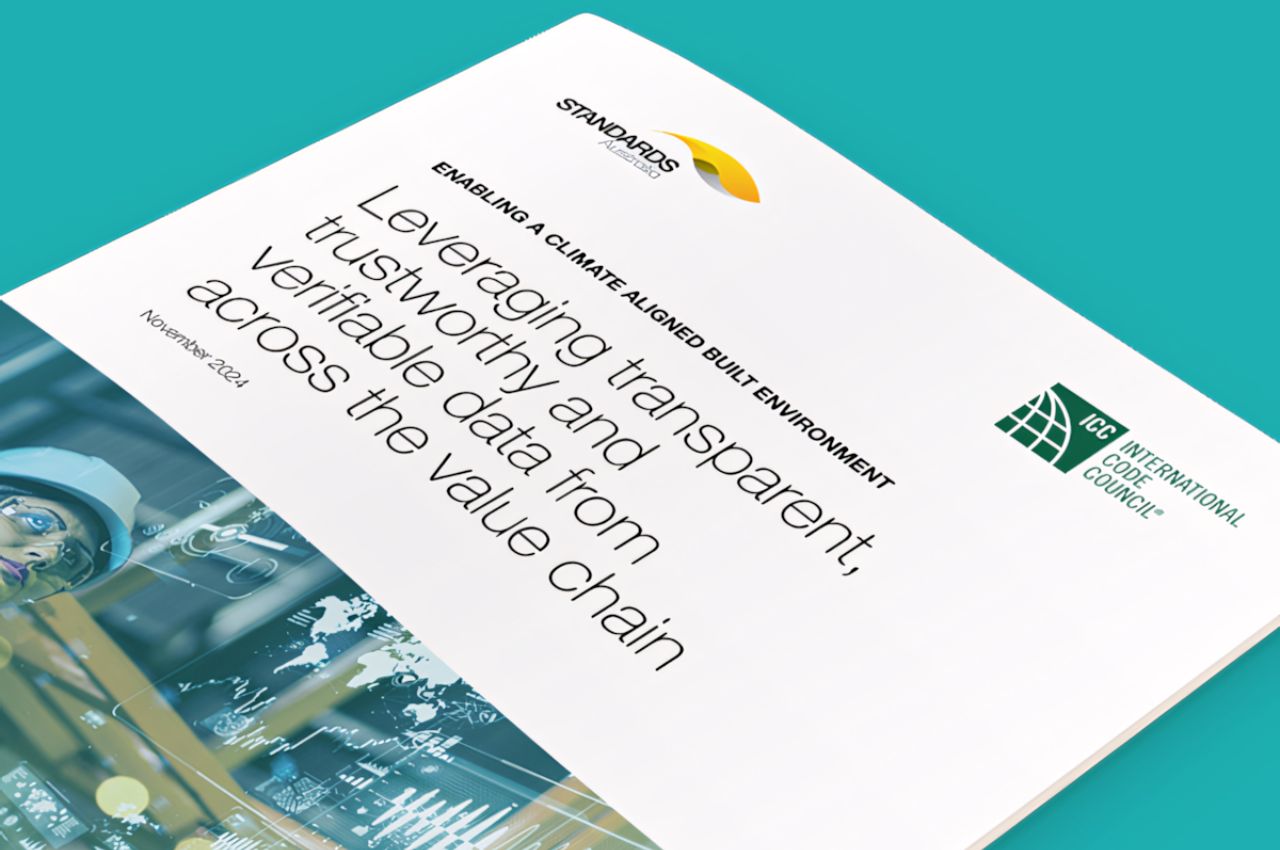
Building resilience
Adam Stingemore, Chief Development Officer of Standards Australia, believes the launch of the report is a step towards unlocking the full potential of data and digital technologies; helping to create a safe, sustainable, and resilient future for Australia and the world.
The announcement comes after 70 countries signed the Declaration de Chaillot in March 2024, committing to net-zero emissions in the global building industry. In the coming months, both organisations will develop a proof-of-concept of the protocol to demonstrate its application with real-world businesses.
Read the paper
The whitepaper is available to read here.
